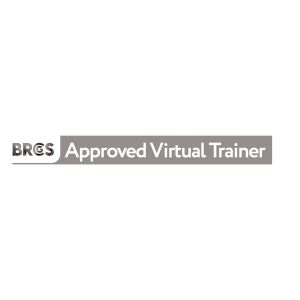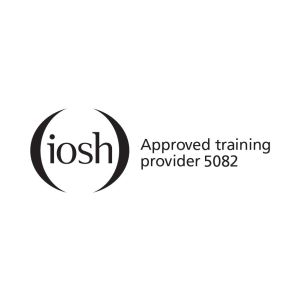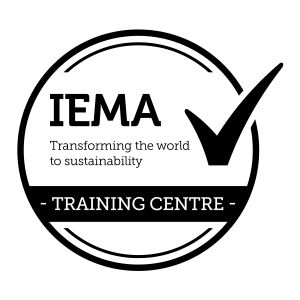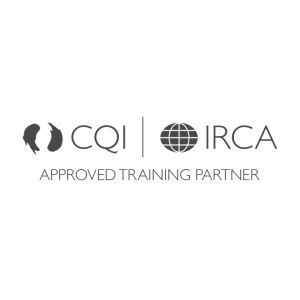
Climate Change Related Amendments Coming For All ISO Management System Standards
Over the last 10 years or so, the vast majority of ISO Management System Standards (ISOMSS) have been revised and updated based on the harmonised approach of Annex SL of the ISO Directives.
Annex SL defined a common clause structure with common high-level text (i.e. requirements) built up of common terms and definitions.
To date, with the exception of ISO 14001, very few ISOMSS contain any requirements or associated guidance notes for organisations to demonstrate any consideration or response as to how they impact on climate change.
Well, the global ISOMSS Coordination Committee, which consists of members from all ISOMSS Committees and who own the harmonised approach in Annex SL have decided to do something about this now, by proposing amendments to existing common text requirements and associated notes in clauses 4.1 and 4.2 and which will be applied quickly to all ISOMSS.
The specific amendments are shown in bold type below and all other requirements currently in clauses 4.1 and 4.2 remain unchanged.
Clause 4.1 “Understanding the organization and its context”
Amendment: “The organisation shall determine whether climate change is a relevant issue”
Clause 4.2 “Understanding the needs and expectations of interested parties”
Amendment: “NOTE: Relevant interested parties can have requirements related to climate change”
These proposed changes have already been fully accepted and approved by the National Standards bodies with the edict to “fast-track” their inclusion as amendments to all ISOMSS, including ISO 9001, ISO 14001, ISO 45001 and ISO 22000, for example.
The amendments mean that all organisations with certificated ISO Management Systems will now need to demonstrate that they have considered whether climate change is relevant to, for example;
- Its purpose and strategic direction
- The Scope of its MS and its ability to achieve intended results
- Stakeholder needs and expectations
- Compatibility of its MS policy and objectives with context and strategic direction
- Actions to address risks and opportunities
- Expectations placed on its supply chains
- Certain operations
- Management review and improvement
- Others
If climate change is considered by the organisation as being “relevant” in some tangible way to any of the MS elements above, then auditors will surely expect to be able to see and verify some degree and type of effective response.
Although this might seem like two very small amendments to all ISOMSS, but like most requirements in these types of standards, if organisations recognise the significance and potential positive impacts of the requirements and if they apply them properly with purposeful intent, then collectively a whole big improvement can be achieved, and in this case, for the greater good of us all and the life we share our planet with.
If you wish to know more, or would like some consultative assistance on how the amendments could impact your organization, or perhaps some in-house awareness training to get things going, then please don’t hesitate to contact us at enquiries@iqmslearning.co.uk.









